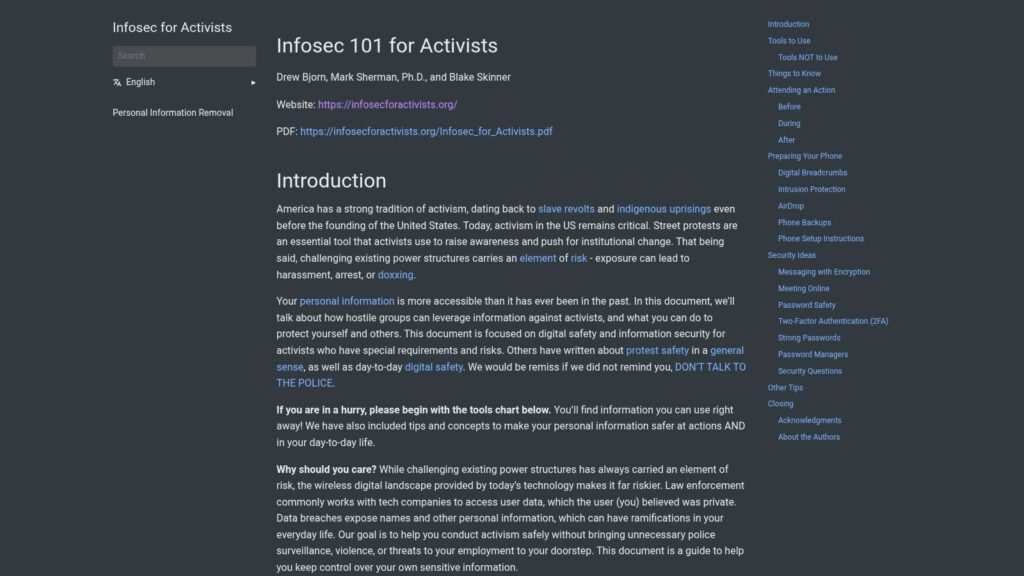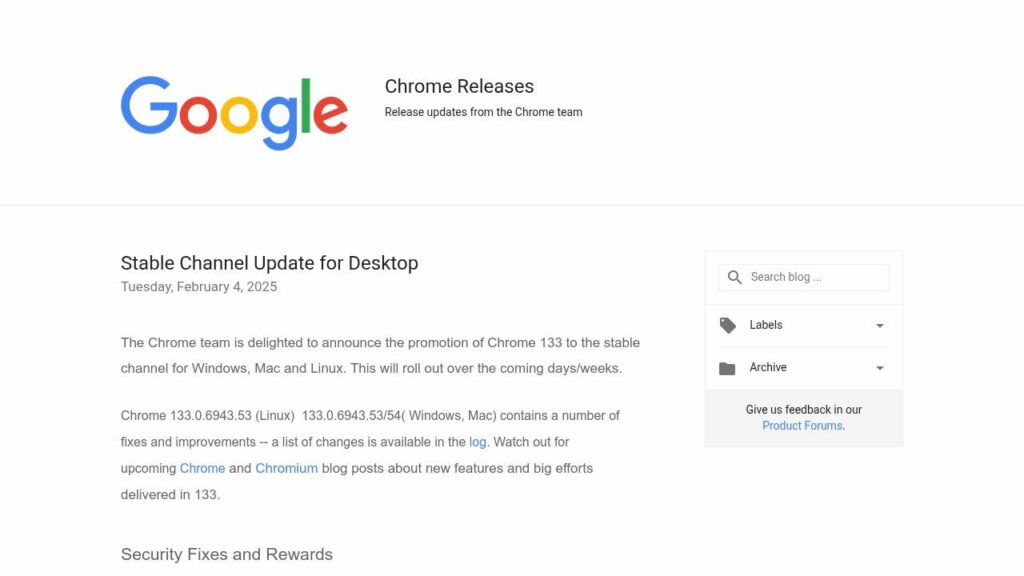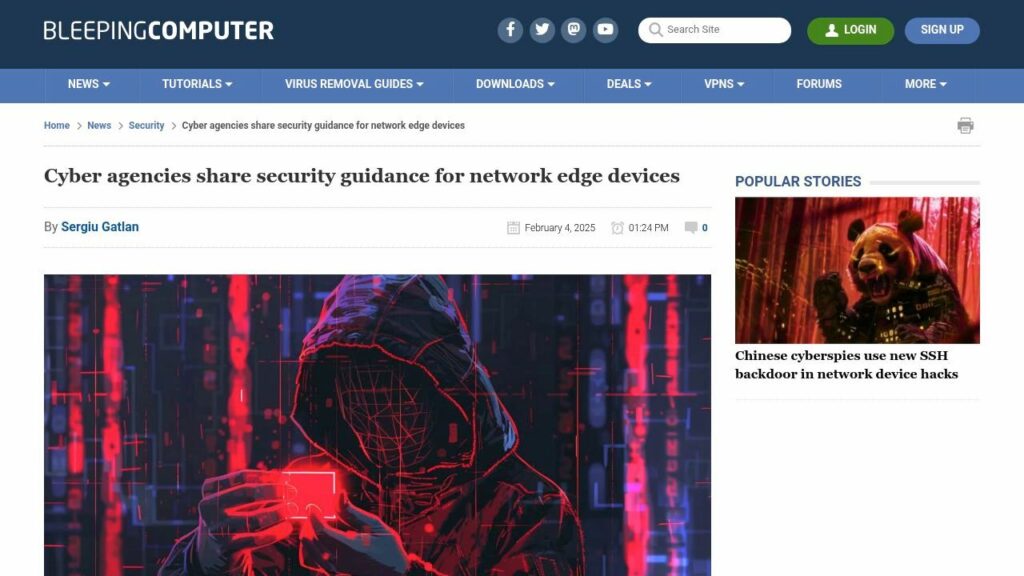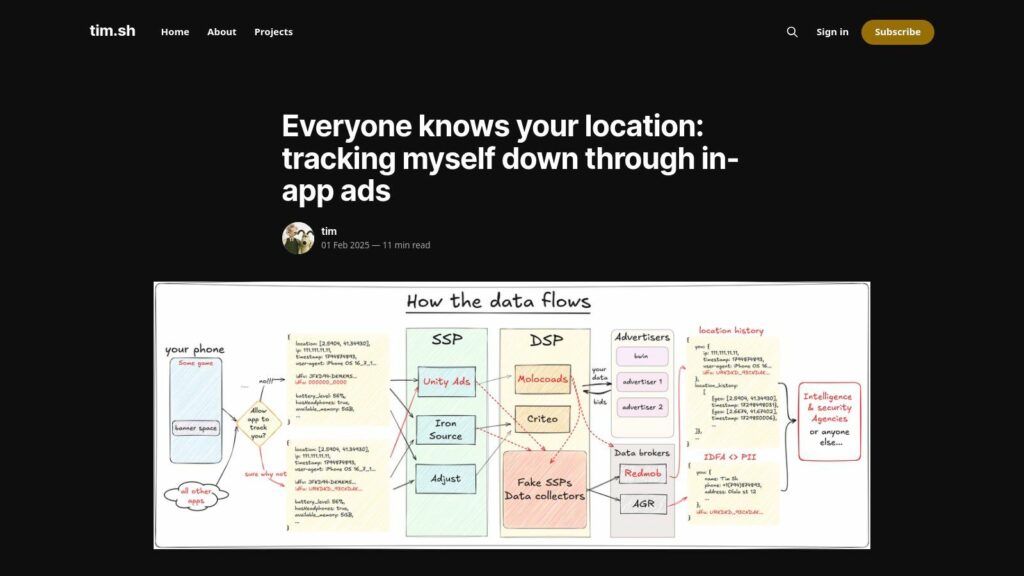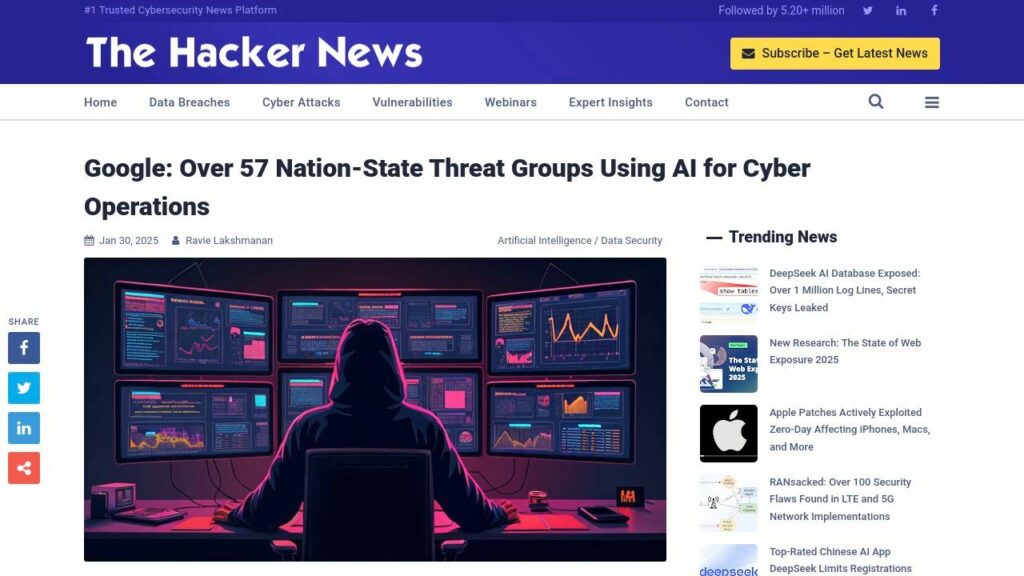Google’s DMARC Push Pays Off, but Challenges Remain
Google's DMARC initiative has doubled email authentication adoption, but 87% of domains remain vulnerable. Despite fewer unauthenticated emails, phishing threats persist, as attackers exploit domains with “lookalike” names. Increased regulation and standards drive further DMARC adoption. Organizations gain visibility into email failures with DMARC, aiding in better security classifications. Although adoption is rising, challenges in email security remain, emphasizing the need for continued improvement in cyber defenses.
https://www.darkreading.com/remote-workforce/google-dmarc-push-email-security-challenges



